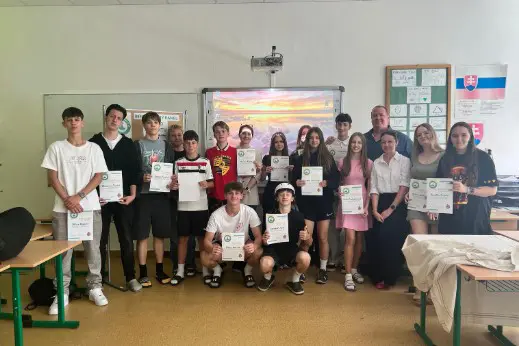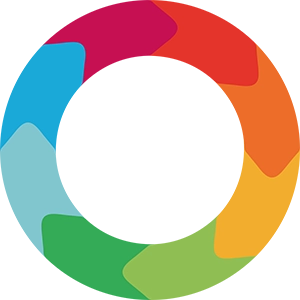All classrooms begin the day with what we call a Morning Community (SOVA), led by the class teacher. This time is dedicated to skill development through structured activities. A designated supervisor coordinates the content of SOVA, providing teachers with a set of activities and flashcards focused on a specific skill, tailored to the pupils' developmental stage. We created our own skills icons where we implemented details from our school logo with the colour scheme of Skills Builder. Each year level focuses on one essential skill, which is developed gradually through consecutive steps. The supervisor communicates regularly with teachers to monitor progress and suggest adjustments when needed. We value an individualised approach, as each class may progress at a different pace. In Year 8, pupils focus on presentation skills, while in Year 9, the emphasis shifts to professional skills. These lessons have been a stable part of our curriculum for several years. Starting in the pre-school year, each pupil creates a personal portfolio to collect outcomes, worksheets, and activities related to their skill development. These portfolios are regularly reviewed during meetings called RUŽA, where the pupil, teacher, teaching assistant, and parents discuss the child's progress.
























